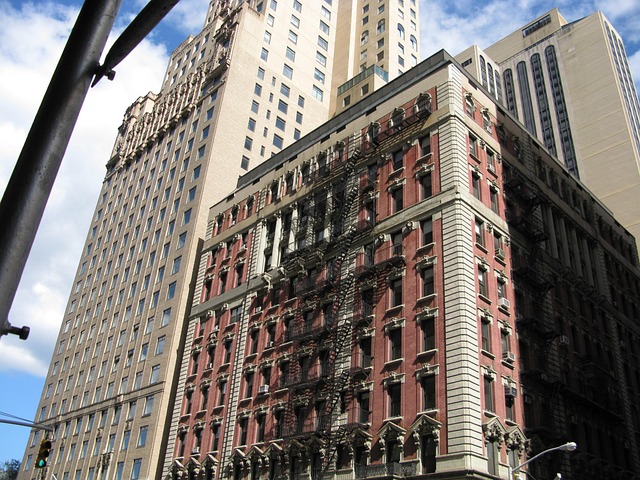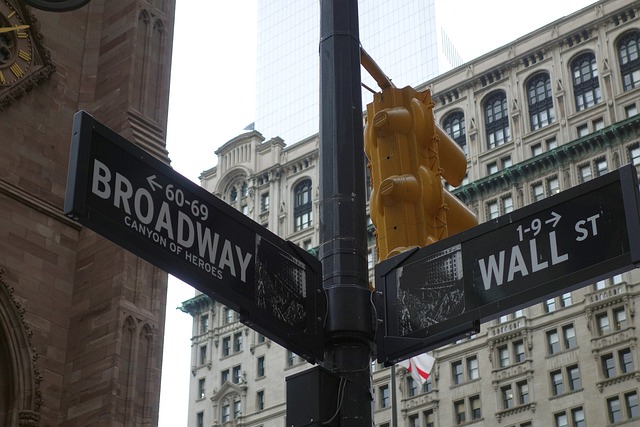Victims of clergy abuse in New York face strict Statute of Limitations for filing civil claims, with time limits varying from 3 to 10 years post-abuse. Consulting specialized clergy abuse law firms in NY is vital to understand these deadlines and seek justice against abusers within religious organizations. These experts ensure compliance, allowing individuals to hold accountable those responsible and receive compensation for harm suffered, while also providing emotional support throughout the process.
In New York, clergy abuse victims have a limited time to take legal action against perpetrators. Understanding the state’s Statute of Limitations is crucial when navigating these sensitive cases. This guide aims to demystify the legal process for those affected by clerical abuse in NY. We’ll explore key deadlines and highlight the essential role played by specialized clergy abuse law firms in supporting survivors. By understanding these timelines, victims can take the necessary steps towards justice.
Understanding New York's Statute of Limitations for Clergy Abuse Cases
In New York, understanding the Statute of Limitations is crucial for victims considering legal action against clergy members or religious organizations for historical abuse. The state has a strict deadline for filing lawsuits related to sexual or physical misconduct, which can vary based on the type of case and when the abuse occurred. Generally, for civil claims involving clergy abuse in NY, there is a two-year Statute of Limitations from the time the victim turns 18 years old, regardless of when the initial abuse took place. This means that if you were a minor who experienced clergy abuse, you have until your 20th birthday to take legal action.
For those seeking justice through a clergy abuse lawsuit in New York, it’s essential to consult with experienced clergy abuse law firms. These specialists can guide victims through the complex legal process, ensuring compliance with the state’s time limits. By acting promptly, individuals can hold accountable those who committed abuses in their care and seek the compensation they deserve for the harm caused.
The Role of Clergy Abuse Law Firms in Supporting Victims in NY
In the complex landscape of seeking justice for clergy abuse in New York, victims often find a crucial ally in specialized clergy abuse law firms. These legal professionals are dedicated to navigating the intricate legal systems and unique challenges that accompany such cases. With extensive experience handling sensitive matters, they provide a safe space for survivors to share their stories and hold accountable those who have caused them harm.
The role of these clergy abuse law firms in NY extends beyond legal representation. They offer emotional support, guiding victims through the often-traumatizing process, ensuring their voices are heard, and advocating for their rights. Through strategic litigation and robust negotiations, these firms strive to secure justice, compensation, and accountability for victims, helping them find closure and begin the healing process.
Key Deadlines and Timeframes for Filing Lawsuits Against Clergies in New York
In New York, there are specific timeframes and deadlines for individuals looking to file lawsuits against clergy or religious organizations for instances of abuse. The first key deadline is the statute of limitations, which varies by type of abuse but generally ranges from 3 to 10 years from the time the abuse occurred. This means that victims have a limited time to take legal action after discovering the abuse.
For cases involving sexual abuse or assault by clergy, there are additional considerations. In New York, victims can file a civil lawsuit within three years of learning about the abuse and its connection to the defendant’s actions. Furthermore, for individuals who were under 18 at the time of the abuse, the statute of limitations is extended until their 23rd birthday, providing them with more time to seek justice. It’s crucial that potential plaintiffs consult with experienced clergy abuse law firms in New York, NY, to understand their rights and ensure they meet these deadlines, as missing them can result in forever losing the ability to pursue legal recourse.





